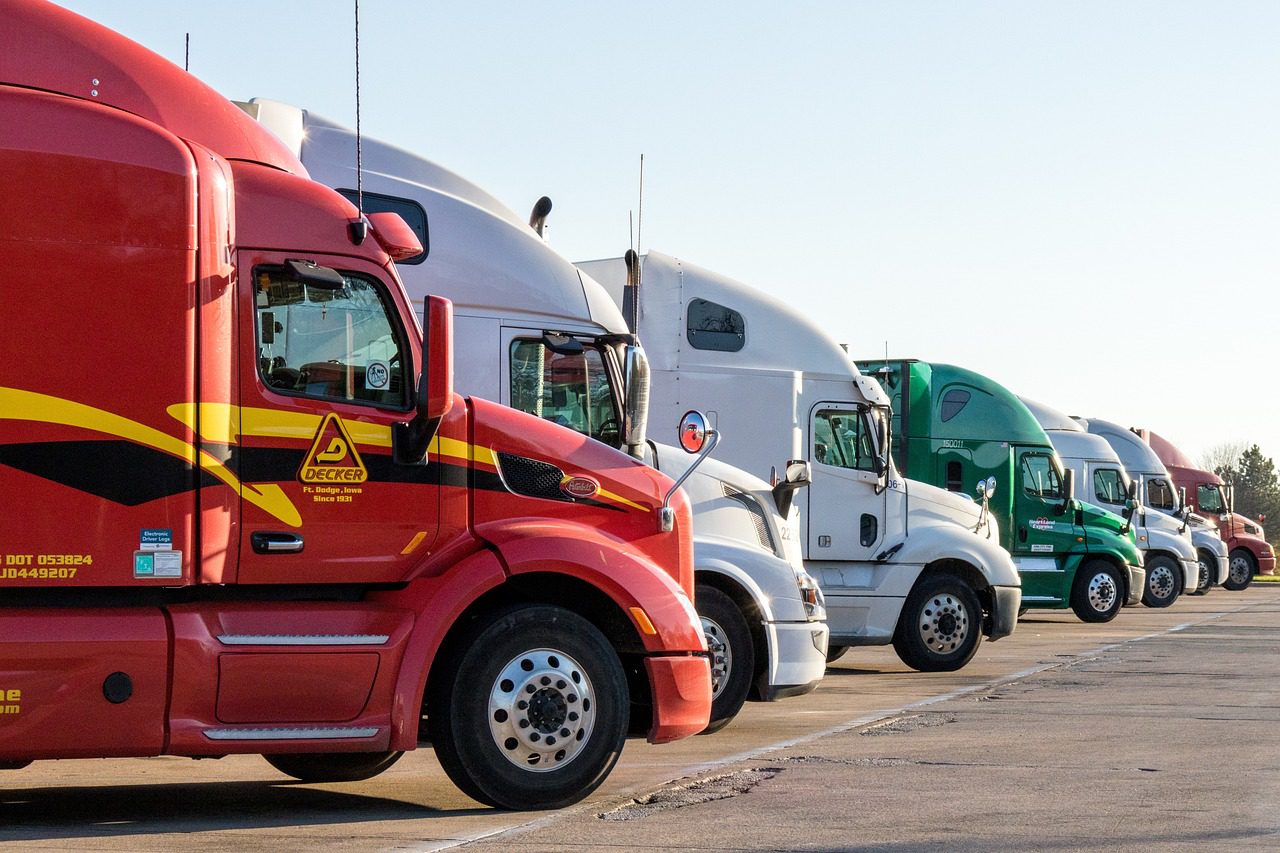How Can Trucking Firms Plan for Sustainable Growth?
Trucking firms play a key role in the wider global supply chain and logistics function. Across the globe, thousands of trucking firms deliver a wide range of goods for both business clients and private citizens. Their timely scheduling and delivery plans ensure that goods are delivered when expected and arrive in their intended condition.
The trucking industry has experienced significant challenges in recent years that may impact plans for growth and commercial expansion. Most notably, fuel prices continue to rise, which can have a dramatic impact on a firm that relies on a large fleet of petrol or diesel-powered vehicles. However, trucking firm owners and managers can still plan for sustainable and achievable growth even in an uncertain economic environment. In this article, some key ways in which scalable and sustainable growth can be managed will be explored.
Invest in Reliable Vehicle Equipment
As a first point, it is recognized that the reliability of vehicle equipment in trucking firms is of paramount importance. Many trucks that deliver bulk goods, such as cement and sand for the construction industry or animal feed for the farming sector, will rely on equipment such as a Dry bulk blower. These are vital pieces of technology that allow high volumes of materials to be discharged quickly and safely. Put simply, trucking firms that deliver a range of products that need to be discharged from the trucks will rely on this one piece of equipment in their daily operations. Any faults with the system will lead to difficulties in discharging the product and may cause delays to the delivery process, which can lead to the loss of future contracts (and therefore a reduction in revenue streams that support business growth).
It is vital that any equipment that is used to load, unload, or discharge products is in excellent operational condition. Ideally, this equipment will need a minimum of service and maintenance to allow fleet operations to run smoothly and without interruptions. Business owners should therefore invest in the highest quality and lowest maintenance equipment to maximize the delivery potential of their vehicle fleet.
Budget Effectively for Expansion
In every business, there is a significant need for effective budgeting when seeking growth, and this is no different for the trucking industry. In fact, the trucking sector needs managers with a sound grasp of finances to drive business expansion. Inevitably, there is a need to invest in extra fleet vehicles and drivers when seeking to grow the business. Here, truck costs can be extremely expensive, with one vehicle costing up to $180,000, depending on the make, model, and intended use. Clearly, this represents a significant financial outlay, and a trucking company must be confident that it will receive suitable volumes of shipping work to enable all the costs to be recovered.
Trucking business owners also have the option of purchasing used vehicles for their fleet, often at a considerably cheaper market value. However, this cost saving should be balanced against the increased likelihood of higher maintenance and servicing costs due to the pre-existing wear and tear on such vehicles. Put simply, managers and those responsible for trucking firm budgets should be able to demonstrate that new acquisitions will offer suitable ROI and that there is demand for fleet expansion due to the potential for additional shipping contracts.












Leave a Reply
Want to join the discussion?Feel free to contribute!